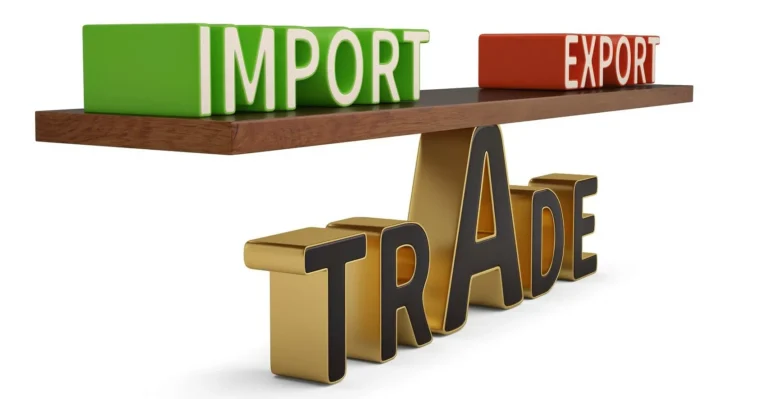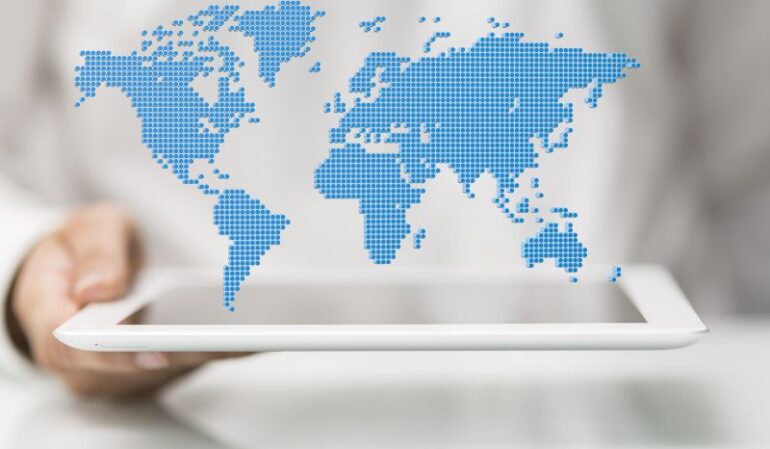Import and export are processes of commodity exchange between two business entities. Most often, import is used when goods and commodities from another country are brought into one country, due to better price and availability. Export is when certain goods are taken out of the country and placed on a foreign market, due to surplus or production for other markets.
This concept has existed since the foundations of trade and international economics were established. In international trade, the import and export of goods are limited by import quotas, under the authority of the customs authority. The competent import and export authority may impose a tariff on imported goods.
Any company dealing with import and export (or at least one of them) must pay attention to standards, formalities, imperial measures, collection of duties and taxes, as well as other activities determined by laws.
There are several aspects of the proper functioning of the import-export concept. You must make sure that it is completely legal to import or export a certain product and that you have settled the debts with both the exporting country and the importer.
Many times this all seems confusing. Thus, even individuals, as well as large companies, cooperate with experts in international law. Lawyers representing cases related to import and export are also experts who should always be by your side and advise you on what to do next.
Some of the issues you should consult with your attorney about are:
What are the terms of trade in the countries I want to do business with?

Usually, lawyers on this topic have a good understanding of international law. But they should also be well-versed in local laws. Therefore, they can help you by checking the conditions as well as obtaining the necessary licenses to be able to import and export.
Is it difficult to start an import-export business?
Starting a business is not difficult at all, customsesq.com and all other experts would advise you. What is difficult in the process is maintaining the business climate, predicting possible downtime, as well as the risk of dissatisfaction among your colleagues.
Do I need to have a development plan?
Every business needs a development plan. This also applies if you deal with the import or export of goods in any way. This means that you need a lot of paperwork to get the license, but you also need to invest in vehicles that meet the standards for storing your goods.
Your lawyers would advise you to introduce an online management system as well so that you can enter all the changes at once. If you export or import large quantities of products, then you must also regulate this with the state authorities. Of course, if it is about specific items and goods, you have to re-examine the market conditions.
Only in this way, with the help of your lawyer, would you be able to get all the permits you need for smooth work.
What should I pay attention to when working with money?

Dealing with money is perhaps the most difficult part of running a business that involves exporting and importing goods. Basically, you have a lot of conversions from one currency to another. Take European countries as an example. The euro is used in the EU, but there are countries that have domestic currencies, as well as those that are not members of the Union. In such a case you have to learn a lot of conversions from one currency to another.
For example, Croatia is an EU country, but it does not use the euro but the Croatian kuna. Hungary uses the forint currency, but they also accept euros. Here you should pay attention to exchange rates, which depend on how the merchant is in the mood at the moment.
To get to Greece for example, you have several countries that have different currencies, so you can finally use the Euro as a convertible currency. Therefore, your legal advisor will give you the best advice on currency conversion and how to proceed without losing a lot of money when converting.
What trade laws apply in each country?
When you enter a country’s borders, their laws apply there. The laws of your country end when you leave the border. To facilitate the terms of trade, almost all countries have developed international trade laws, which are similar in principle. The only difference is the local factor.
However, this is something you must discuss with your lawyer in time. In this way, you will avoid a possibly unpleasant situation and protect yourself as a merchant.
Do you have a good plan for global development?

People often have too high of expectations of themselves and their business plans. Legal advisors are here to prevent those unrealistic expectations and help improve the agenda.
They know the international laws and know which market you can export to, to expand your business. Keep in mind that all of this includes special packaging, shipping, placement, and ongoing work with large sums of money.
So, before you start, research the business climate in your desired location well. Test whether the population has a real need for products and goods like yours. Do they fit into their cultural habits? And most importantly, are you ready for bilateral trade relations with that market?
Conclusion
Nothing that we have mentioned in this article should discourage you from your intention to expand your business internationally. Rather, our goal is to help you understand the most common legal pitfalls and avoid them, rather than overcome them.
When you have a good lawyer on your side, no legal oversight will ever happen. They will take care of representation, documents, and procedures. It’s just up to you to find a way to conquer any market you want.
Even when you have a lot of competition, you should not hesitate to achieve your goals. Focus on what you want to achieve and you will see how easy it will be, although it will be really hard during the process itself.
We wish you luck in your sincere intentions to succeed as an international trader.
